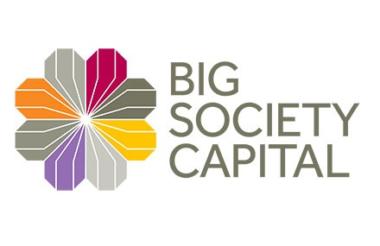Big Society Capital has now invested more than £50m in social ventures and has signed agreements worth more than £100m more, according to figures published today.
The figures cover the period up to the end of the first quarter of 2015. BSC also published its annual report and accounts for 2014 which cover the period up to end of 2014.
The annual accounts show Big Society Capital had received more than £300m from banks and dormant bank accounts at the end of 2014, according to its accounts.
At the end of 2014, the balance sheet stood at £299m - £305m of investment less just under £6m of operating losses since it began to operate.
The losses were mostly down to the organisation’s £4.6m salary bill.
The accounts confirm figures first published in January, which showed that at year-end BSC had invested £36m directly, which had been matched by £68m from co-investors.
They show that at the end of 2014 Big Society Capital has made total in principle commitments of £180m. Of this total, 36 investments with a value of £158m have been signed, but most is still waiting to be drawn down.
However the organisation also released new figures for the first quarter of 2015 which show the process appears to be accelerating. In the first quarter of 2015 it grew its direct investments to £51m, while the total invested with co-investors grew to £136m.
Harvey McGrath, chair of Big Society Capital, said: “2014 has been a year of significant progress on many fronts. Access – the Foundation for Social Investment was established, responding to the market and providing finance for social sector organisations needing less than £150,000, while providing capacity-building support for the sector.
“The Business Impact Challenge was launched to engage corporates and we look forward to seeing that shortlist very soon. And we are now seeing the first investments using Social Investment Tax Relief. Big Society Capital has developed from being a start-up to now having an emerging track record on which to build the next stage of the social investment market in the UK.”









